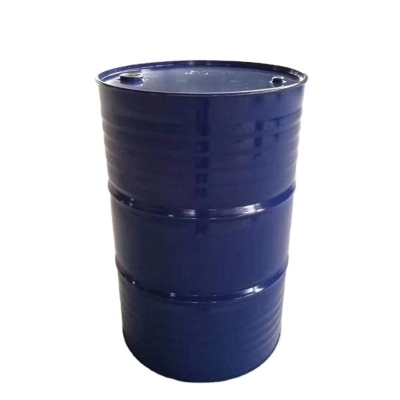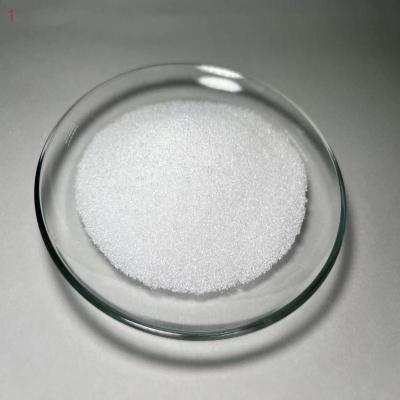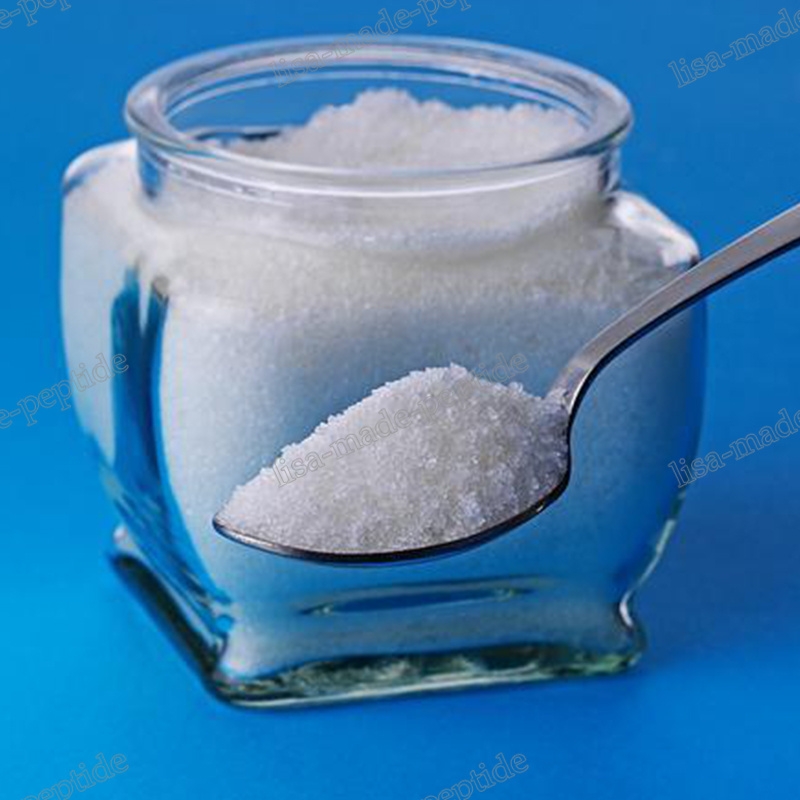-
Categories
-
Pharmaceutical Intermediates
-
Active Pharmaceutical Ingredients
-
Food Additives
- Industrial Coatings
- Agrochemicals
- Dyes and Pigments
- Surfactant
- Flavors and Fragrances
- Chemical Reagents
- Catalyst and Auxiliary
- Natural Products
- Inorganic Chemistry
-
Organic Chemistry
-
Biochemical Engineering
- Analytical Chemistry
-
Cosmetic Ingredient
- Water Treatment Chemical
-
Pharmaceutical Intermediates
Promotion
ECHEMI Mall
Wholesale
Weekly Price
Exhibition
News
-
Trade Service
Question 1: What is the difference between GSP and MFN treatment?
Answer: The GSP is a one-way preferential tariff system granted by developed countries to developing countries and regions for exporting manufactured and semi-manufactured products
.
According to the World Bank criteria no longer belong to low-income or lower-middle-income economies, developed countries can cancel the GSP treatment (commonly known as "national graduation")
.
Most-favored-nation treatment is one of the basic principles of the World Trade Organization (WTO), which requires WTO members to give each other equal tariff treatment, also known as "non-discriminatory treatment"
.
After China's accession to the WTO, it automatically obtains the most-favored-nation treatment of the WTO, and the most-favored-nation tax rate applies when goods are exported to other member states
.
Question 2: Why does the customs no longer issue GSP certificates of origin for countries such as EU member states?
Answer: Since 1978, 40 countries have granted China GSP tariff preferential treatment
.
With China's economic development and the continuous improvement of people's living standards, China has gradually "graduated" from the GSP treatment of various developed economies
.
From 2012 to 2019, Ukraine, Canada, Switzerland, Liechtenstein, the European Union, Turkey, Japan, etc.
have successively cancelled the preferential tariff treatment for China's export goods under the GSP
.
In 2021, the Eurasian Economic Union announced the cancellation of China's GSP tariff preferential treatment
.
At present, Norway, New Zealand, and Australia still give China GSP treatment
.
Tips: Countries that have given China GSP tariff preferential treatment: 27 EU countries (France, Germany, Italy, the Netherlands, Luxembourg, Belgium, Denmark, Ireland, Greece, Portugal, Spain, Sweden, Finland, Austria, Poland, Czech Republic , Slovakia, Hungary, Malta, Slovenia, Lithuania, Latvia, Estonia, Cyprus, Bulgaria, Romania, Croatia), United Kingdom, 3 countries of the Eurasian Economic Union (Russia, Belarus, Kazakhstan), Turkey, Ukraine, Canada, Switzerland, Liechtenstein , Japan, Norway, New Zealand, Australia
.
Question 3: After the "graduation" of the GSP, which tax rate is applicable to the import of my country's export goods in these countries? If an importer needs a certificate of origin for the exported goods, how should they apply for it?
Answer: The most-favored-nation rate applies
.
If an enterprise needs to apply for a certificate of origin for export goods, it can apply for a non-preferential certificate of origin (also known as a "general certificate of origin"), and it has now achieved self-service printing, and the enterprise can complete a full set of applications without leaving home.
process
.
If relevant countries sign and implement free trade agreements with China, such as Switzerland, Liechtenstein, etc.
, enterprises can also apply for the certificate of origin of the free trade agreement, and the agreed tax rate shall be applied
.







